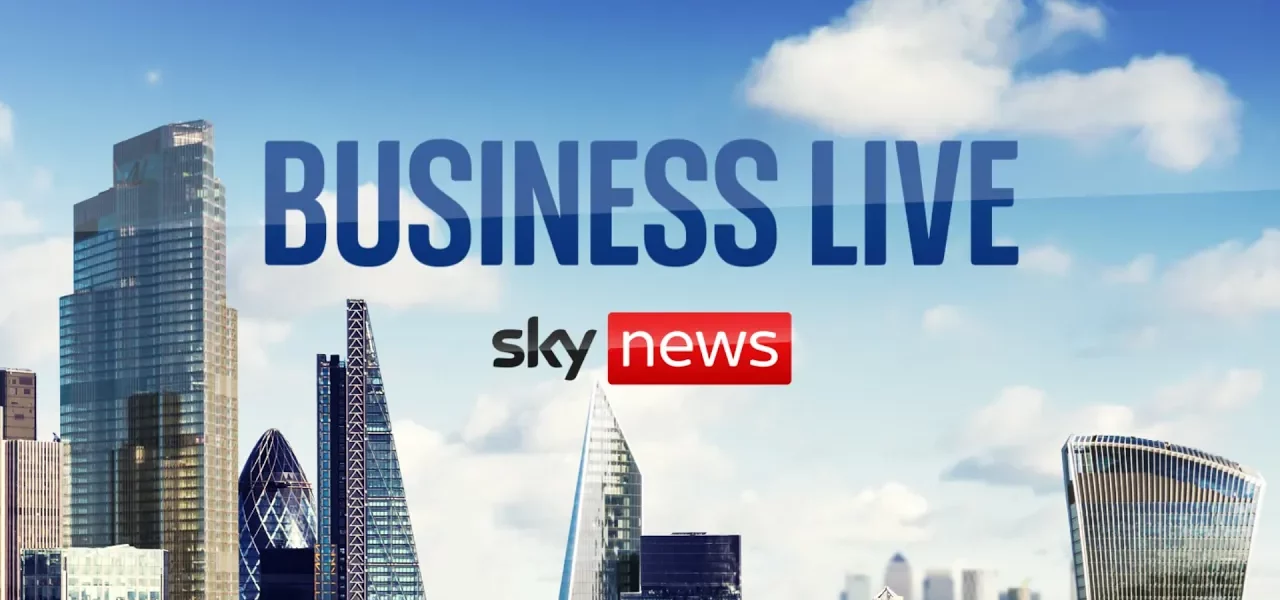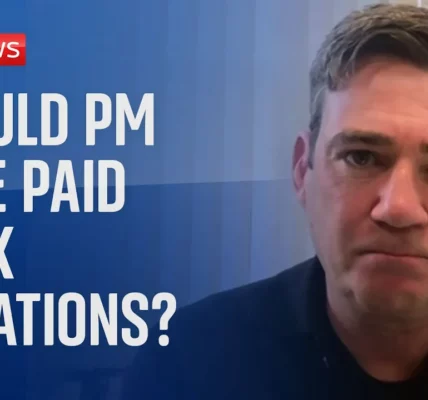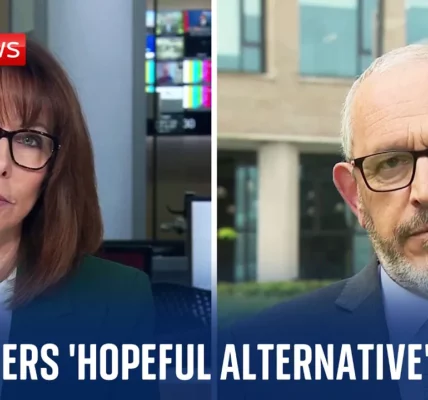The Latest Business News: TS Water, Chancellor’s Tax Plans, and OpenAI’s For-Profit Shift

In this article, we delve into the most pressing business stories, including the financial turmoil of TS Water, the Chancellor’s reconsideration of non-dom tax status, and OpenAI’s bold move to become a for-profit entity. Join us as we explore these critical developments and their potential impacts on the UK economy and beyond.
Introduction
The business landscape is ever-evolving, marked by significant developments that shape economic policies and corporate strategies. Recently, TS Water has found itself in dire straits, teetering on the edge of financial collapse, while the Chancellor of the Exchequer is reevaluating tax policies that could have far-reaching implications for high-net-worth individuals in the UK. Additionally, OpenAI’s transition to a profit-driven model raises questions about the future of artificial intelligence development and its implications for stakeholders. In this article, we will explore these topics in detail, examining the factors at play and the potential outcomes.
TS Water’s Financial Crisis
TS Water, the UK’s largest water company, faces an unprecedented financial crisis, with reports indicating that it could run out of money by Christmas. This situation has led to downgrades by ratings agencies and has left creditors scrambling to devise a rescue plan.
The Current Situation
TS Water’s predicament stems from an overwhelming debt load of £16 billion. The company’s management is in discussions with Ofwat, the regulator, to revise its business plan and secure new equity investors. However, these efforts are complicated by the need to negotiate with creditors who are looking to protect their investments.
Potential Outcomes
- Possible administration, which could cost taxpayers £2 billion annually.
- Increased customer charges to make the company more attractive to investors.
- Equity swaps that could see creditors assuming more control over the company.
The urgency of the situation cannot be overstated, as the fate of TS Water hangs in the balance, and the implications extend beyond the company to the broader UK economy, particularly in attracting foreign investment.
Chancellor’s Tax Plans for Non-Doms
In the latest political developments, the Chancellor is reconsidering plans to abolish non-dom status, a tax arrangement that allows wealthy individuals residing in the UK to avoid certain tax obligations. This consideration comes amid concerns that eliminating the status may not generate the anticipated revenue.
Background on Non-Dom Status
Non-dom status has been a contentious issue in UK politics, especially following high-profile cases of wealthy individuals benefiting from this tax perk. The Labour Party has pledged to close loopholes and phase out non-dom advantages, estimating that such measures could raise around £1 billion annually.
Current Speculation
Recent reports suggest that the Chancellor may soften her stance on non-dom taxation due to advice indicating that the projected revenue might not materialize. This has sparked debate in Westminster about the potential impact on high-net-worth individuals and future investments in the UK.
OpenAI’s Shift to Profit-Driven Model
OpenAI, the creator of ChatGPT, has announced plans to transition from a nonprofit to a for-profit organization. This significant shift is poised to enrich its founder, Sam Altman, potentially netting him as much as $10 billion in shares.
Implications of the Change
OpenAI’s decision to pursue profitability reflects the growing demand for AI technologies and the substantial financial investments associated with this sector. Analysts are divided on whether this move aligns with the company’s original mission of advancing digital intelligence for humanity’s benefit.
Industry Reactions
- Support from investors who see potential for significant returns in the AI sector.
- Criticism from industry pioneers like Elon Musk, who argue that converting a nonprofit to a profit-driven model could undermine its foundational goals.
As OpenAI navigates this transition, the future of AI development may hinge on its ability to balance profitability with ethical considerations.
Conclusion
The recent business developments surrounding TS Water, the Chancellor’s tax plans, and OpenAI’s shift to a for-profit model are interconnected narratives that reflect the complexities of the current economic landscape. Each story brings its challenges and opportunities, not just for the companies involved but for the broader UK economy. As these situations unfold, stakeholders must remain informed and engaged. For more insights into these topics and related business news, explore our other articles.
“`




